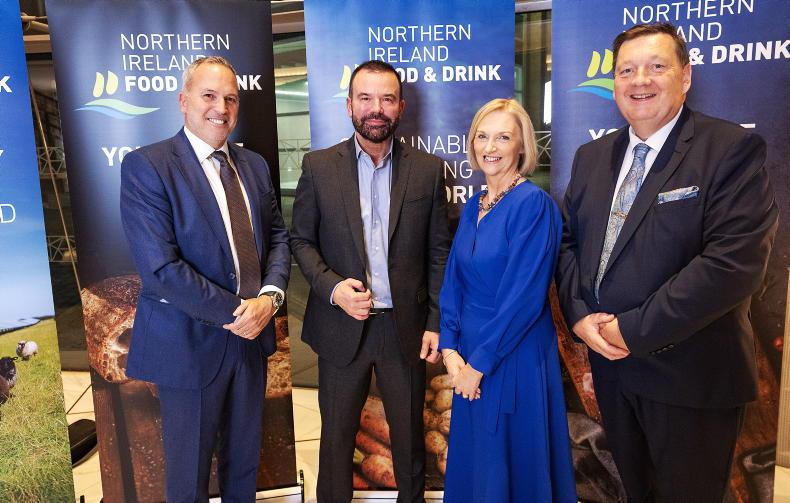Michael Bell grew up in the family home bakery business and was the first graduate to join the Ormeau Bakery (one of Northern Ireland’s largest bakeries at the time). For over two decades he has been executive director for the food industry lobby organisation, NIFDA.
It is his job to be an advocate for the food industry and his passion is clear in promoting the north’s largest manufacturing sector, which employs 25,000 people directly and up to 75,000 more in farming and support industries and services.
Evolving skills required
While production staff will always be required across the food industry, Michael Bell suggests the exciting growth areas in the industry are in the use of robotics and analytics and these require highly technically capable people.
He also sees the continued globalisation of the food industry as an opportunity for travel and use of language skills.
He does accept that it often isn’t the career of choice for many people, yet for those that join, many spend their entire working career there. This is both good and bad. It provides stability and continuity, but new people do generate new ideas and some staff turnover can actually be a strength in the business.
He is also of the view that an industry weakness is an inability to promote itself as an attractive employer, saying “all successful food companies dedicate their energy to doing their job and forgetting to tell anyone about it”.
Stability
Michael Bell believes the industry is now competitive in the wages and salaries paid to employees and cites the tendency of people to have long careers in the same companies as evidence of this.
He also puts a value on the stability of the food industry to offer secure employment, even at times when the economy is struggling in other sectors.
It is also an industry that is located in the more rural areas, which offers more affordable housing to entrants who are combining building a career with building a family.









SHARING OPTIONS